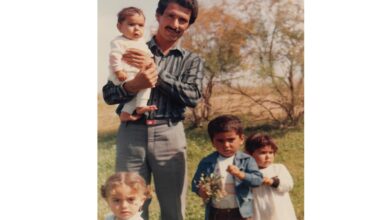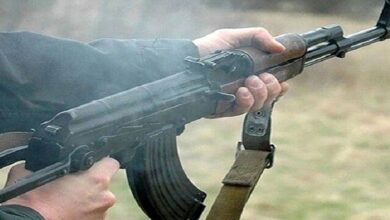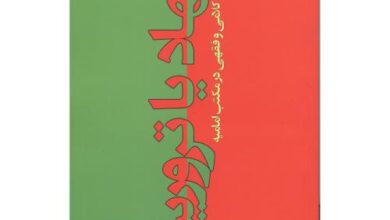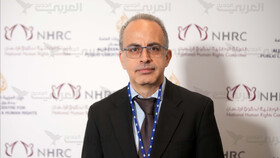Association for Defending Victims of Terrorism – HRW reported on Afghanistan situation in 2021.
We read in report that, after the Taliban takeover of the country in August, the protracted Afghanistan conflict abruptly gave way to an accelerating human rights and humanitarian crisis. The Taliban immediately rolled back women’s rights advances and media freedom—among the foremost achievements of the post-2001 reconstruction effort. Most secondary schools for girls were closed, and women were prohibited from working in most government jobs and many other areas. The Taliban beat and detained journalists; many media outlets closed or drastically scaled back their reporting, partly because many journalists had fled the country. The new Taliban cabinet included no women and no ministers from outside the Taliban’s own ranks.
In many cities, the Taliban searched for, threatened, and sometimes detained or executed former members of the Afghan National Security Forces (ANSF), officials of the former government, or their family members.
As the Taliban entered Kabul on August 15, thousands of people tried to flee the country, but chaos and violence at the airport impeded the evacuation of many at-risk Afghans.
The Taliban victory propelled Afghanistan from humanitarian crisis to catastrophe, with millions of Afghans facing severe food insecurity due to lost income, cash shortages, and rising food costs.
The United Nations reported that Taliban forces were responsible for nearly 40 percent of civilian deaths and injuries in the first six months of 2021, although many incidents were unclaimed. Women and children comprised nearly half of all civilian casualties. Attacks by the ISKP included assassinations and a number of deadly bombings.
Many attacks targeted Afghanistan’s Hazara Shia community. On May 8, three explosions at the Sayed al-Shuhada school in Kabul killed at least 85 civilians, including 42 girls and 28 women, and injured over 200—the vast majority from the Hazara community. The attack was unclaimed but occurred in a predominantly Hazara neighborhood that ISKP had repeatedly targeted. On October 8, a suicide bombing during Friday prayer at a Shia mosque in Kunduz killed at least 72 people and injured over 140; the ISKP claimed responsibility. On March 4, gunmen fatally shot seven Hazara laborers at a plastics factory in Jalalabad.
On August 15, as the Taliban entered Kabul, a strike force unit from the former government’s National Directorate of Security captured and executed 12 former prisoners who had just been released, according to witnesses.
On August 29, the US launched a drone strike on a car it claimed was filled with explosives headed for Kabul’s airport. The car was actually driven by an NGO employee scheduled for evacuation to the US. Two weeks later the US Defense Department admitted the strike had been a “tragic mistake,” killing 10 civilians, including seven children.





